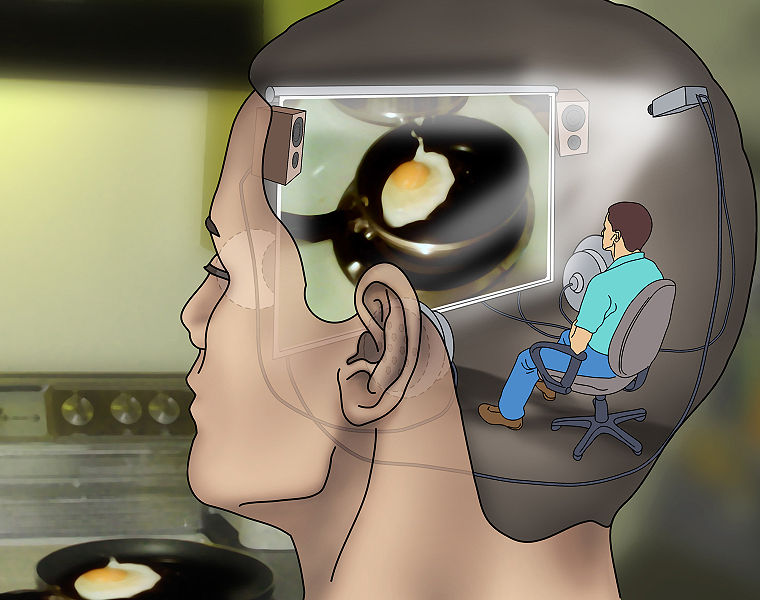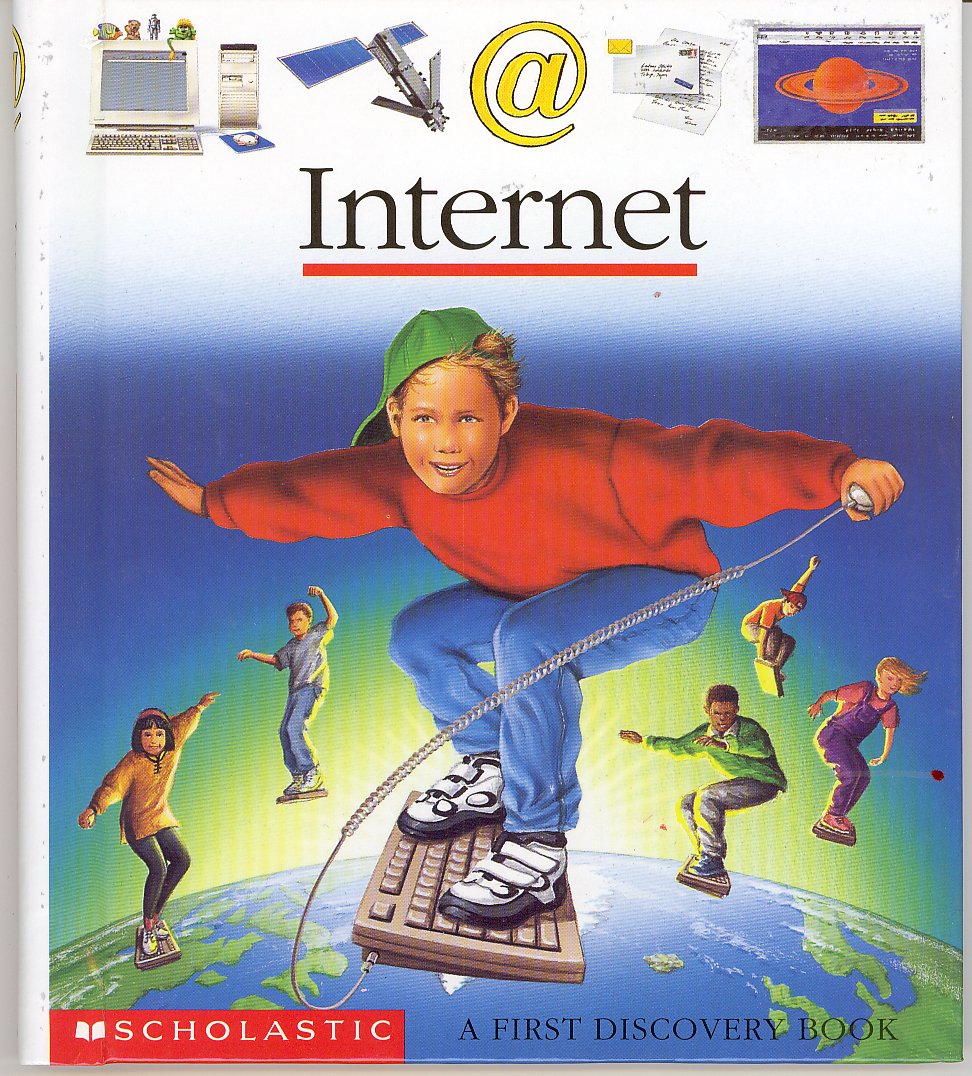Skeptical Voyeurism
 Sorry Cormac McCarthy, I know everyone says you’re great but I just don’t buy it. I need to inquire for myself. If your books don’t got that “LOOK INSIDE!” feature I just won’t take the chance — and God forbid I leave my house and browse the bookstore; that would require me to put on my underwear, and my junk needs to shrunk. See what I just did for a rhyme?
Sorry Cormac McCarthy, I know everyone says you’re great but I just don’t buy it. I need to inquire for myself. If your books don’t got that “LOOK INSIDE!” feature I just won’t take the chance — and God forbid I leave my house and browse the bookstore; that would require me to put on my underwear, and my junk needs to shrunk. See what I just did for a rhyme?
Jabs and jokes aside, it’s interesting how the “Look Inside” feature points (inadvertently or not) to what’s most essential to the consumer/reader: the ‘judging a book by its cover’ cover; the marketing flourishes of blurbs/synopses on the back cover and/or inside flap; and the first 5 or so pages of text. (I’m not making any argument, for an arbitrary excerpt at pg. 214 would be fairly inapplicable. This ain’t exquisite corpse bitch.)
Perhaps the writer’s job is inextricably slash irrevocably also the publisher’s/vendor’s job as well: to capture, convince, and compel the reader by pg. 5. It’s like a blind date: you can tell by the first 5 sips of that gin n’ tonic if ur gonna fuck. For those novelists out there (for I am not), how cognizant are you of your reader’s fickle ADD constraints? Do you expect someone to bear through the first 50 pages on “good faith,” or do you throw your best punches at the start? Maybe the best plan is to do it throughout the entire book, but hey, we can’t all be idealists. Is a short story simply the beginning of a novel that is never finished? Is Cormac McCarthy basically a version of Ralph Lauren without the cologne? What drives a writer: ego, love, or pain? If one answers a rhetorical question in the comment section, how closer are they to infinity? Who’s your daddy?
Stephen Elliott reacts to BEA

Stephen Elliott just got back from BEA (BookExpo America, the “largest publishing event in North America”), and he wrote an essay about it.
I couldn’t agree with this more:
But here’s the thing, I don’t care about those books. I don’t care about the publishing industry that’s concerned with cookbooks and celebrity memoirs. And I don’t believe the people that say they’re publishing celebrity memoirs so they can publish great literature…
READ MORE >
Video Game Art: ‘Passage’
There’s been a lot of discussion of video games and their influences on literary art.
Here, then, is a rather rare and interesting entity in the realm of conceptual gaming: Jason Rohrer’s ‘Passage.’ (Free to download and very little time required in the playing, give it a try, you’ll see).

Because the point and nature of the game are not immediately apparent, you should download and explore it, paying attention, and then, if you are interested, follow for more thoughts after the break.
Got Balzac Close to My Face, Ho
After an initial rejection by Apple due to its inclusion of ‘Ways Tom Jones Would Dance With Your Mother,’ the ebook reader Eucalyptus is available to all people/assholes with an iPhone or iPod touch.
The interface is nice, the size of the text is scalable, and it gives you easy access to the 20,000+ book large Project Gutenberg. It’s not like it’ll make me any less thirsty for Tao Lin on a Kindle, but it’s fun to browse through so many nice books written by so many nice dead people.
If you have iTunes, you can check it out here.
Surrealism case studies: video game glitches
I’m fascinated with video game glitches, especially in POV games, given their inherent ‘narrative’ orientation. What makes video games so evocative is the pristine artifice and utilitarian rendering; and when transgressed by a coding glitch, is very unsettling. I find the inadvertent surrealism in the clips below uncanny, humorous, and ‘anti-brilliant.’ It begs the question: if accidents are where the really good ideas are — full of, strangely, more ‘natural’ logic — then what the hell is a writer supposed to do?
Case No. 1:
httpv://www.youtube.com/watch?v=VK9lS0rE0uY&feature=related
On (Fake) Steve Buscemi’s Twitter Feed

Sure, Twitter is kind of dull in the hands of most. (See my Twitter feed for an example.) I accept that.
Additionally, lots of ‘celebrities’ (single quote trademarked by Tao Lin, used without permission) have adopted Twitter so as to keep their fans updated on the dull minutiae of their ordinary lives.
READ MORE >
A reader responds: Keith Nathan Brown

Frequent reader ‘keith n b’ offers a thoughtful response to a recent post quoting Proust, which induced the commentary “the explicitness of today is merely rendered before the eyes, not inside the mind.” When he encouraged me to elaborate, I asked him to do so, which he kindly did. I’ve culled the imperative/exceptional parts (My comments in brackets hereon):
Novelty and innovation, adapting to new information and technology is becoming a genetic disposition, inherited from our parents and ingrained from birth onward. As profound as the effects of electrical technology have been (e.g. the social and psychological consequences of the light bulb, the telephone, the television, etc.), the effects of digital technology stand to surpass those, veritably rewiring our mental hardware; and perhaps one small example of such an effect is the shift from primarily tactile experience to an overwhelmingly informational one.
Gene Morgan’s Twitter Feed Press
I’m sorry for spamming the site.

